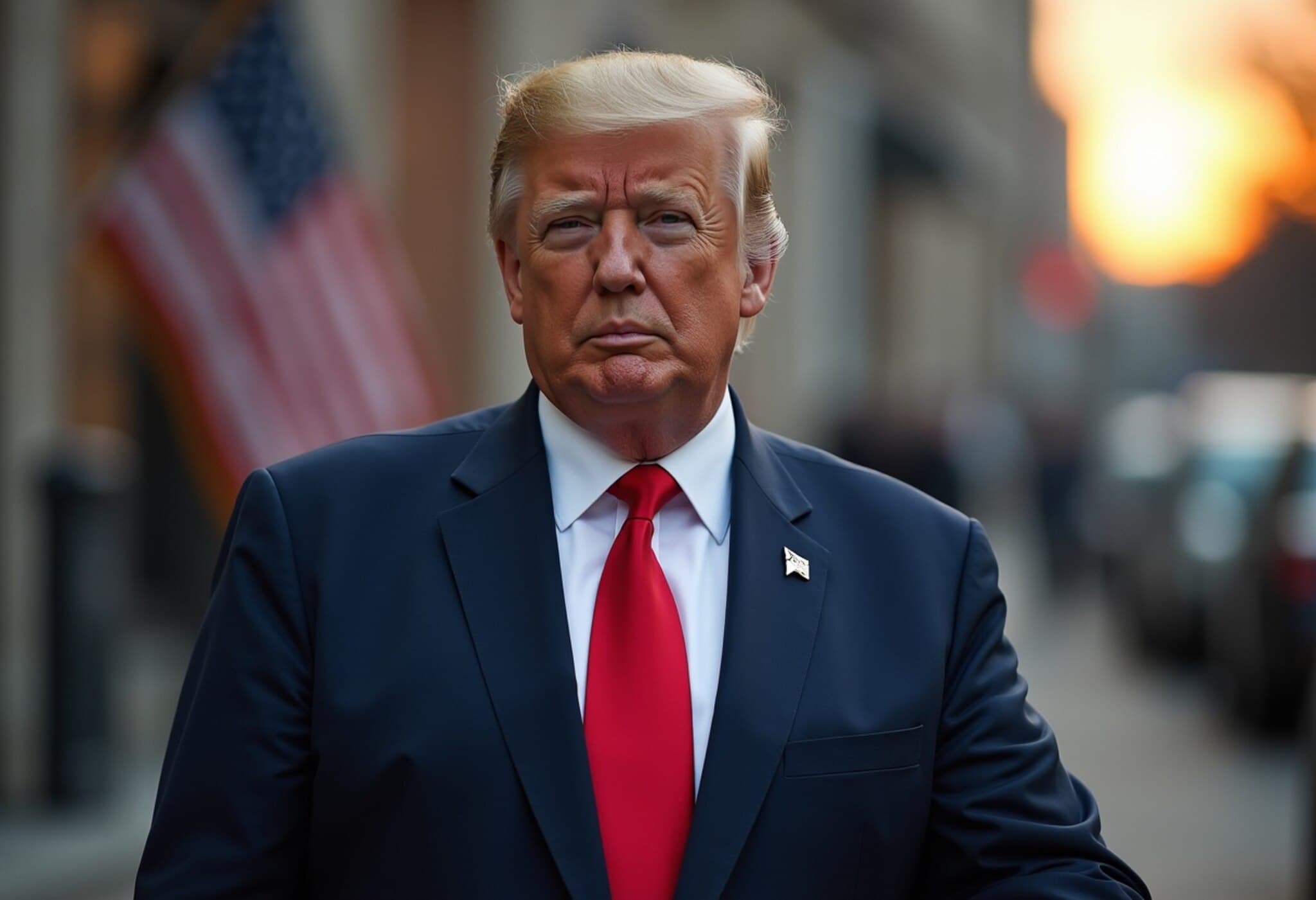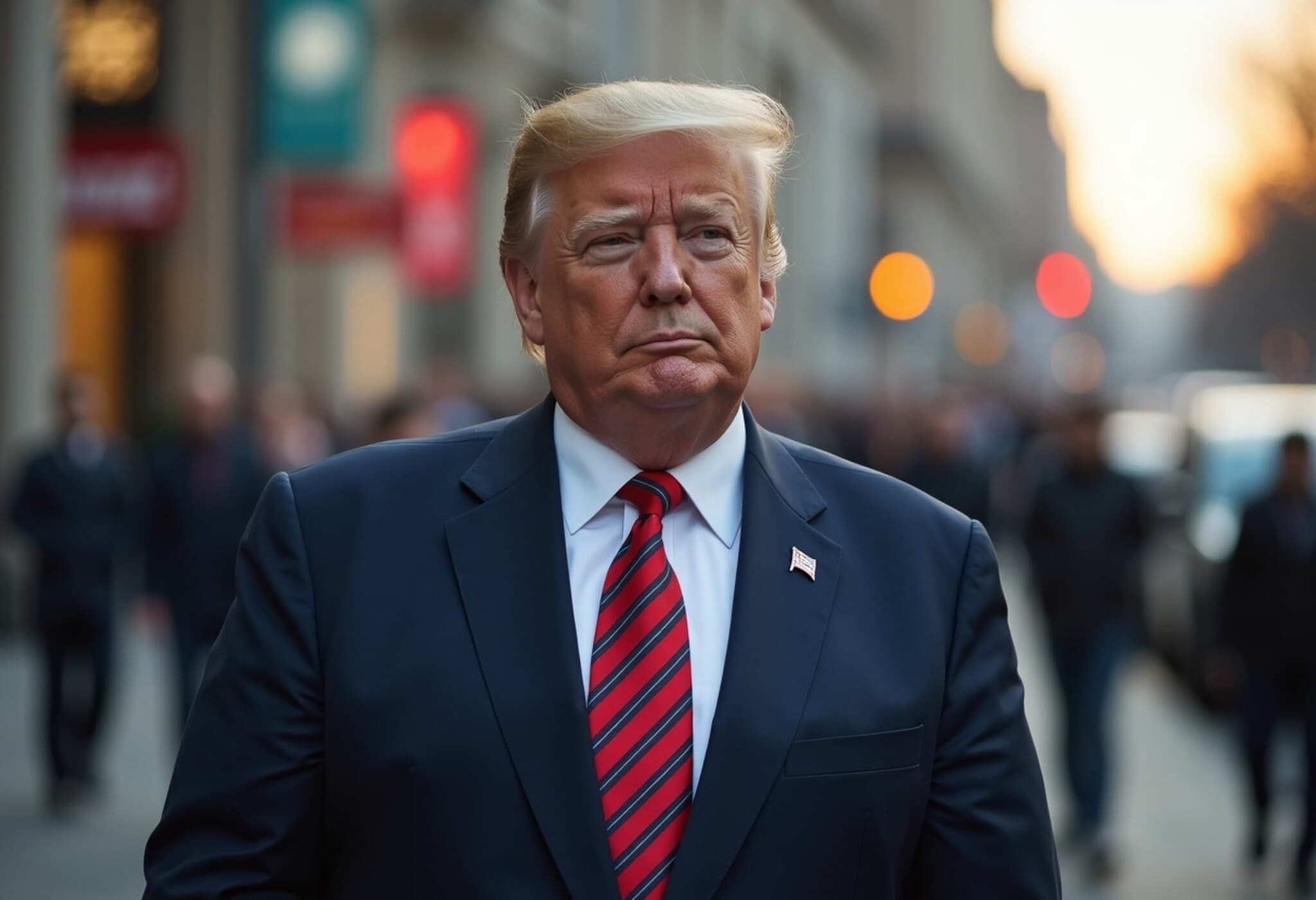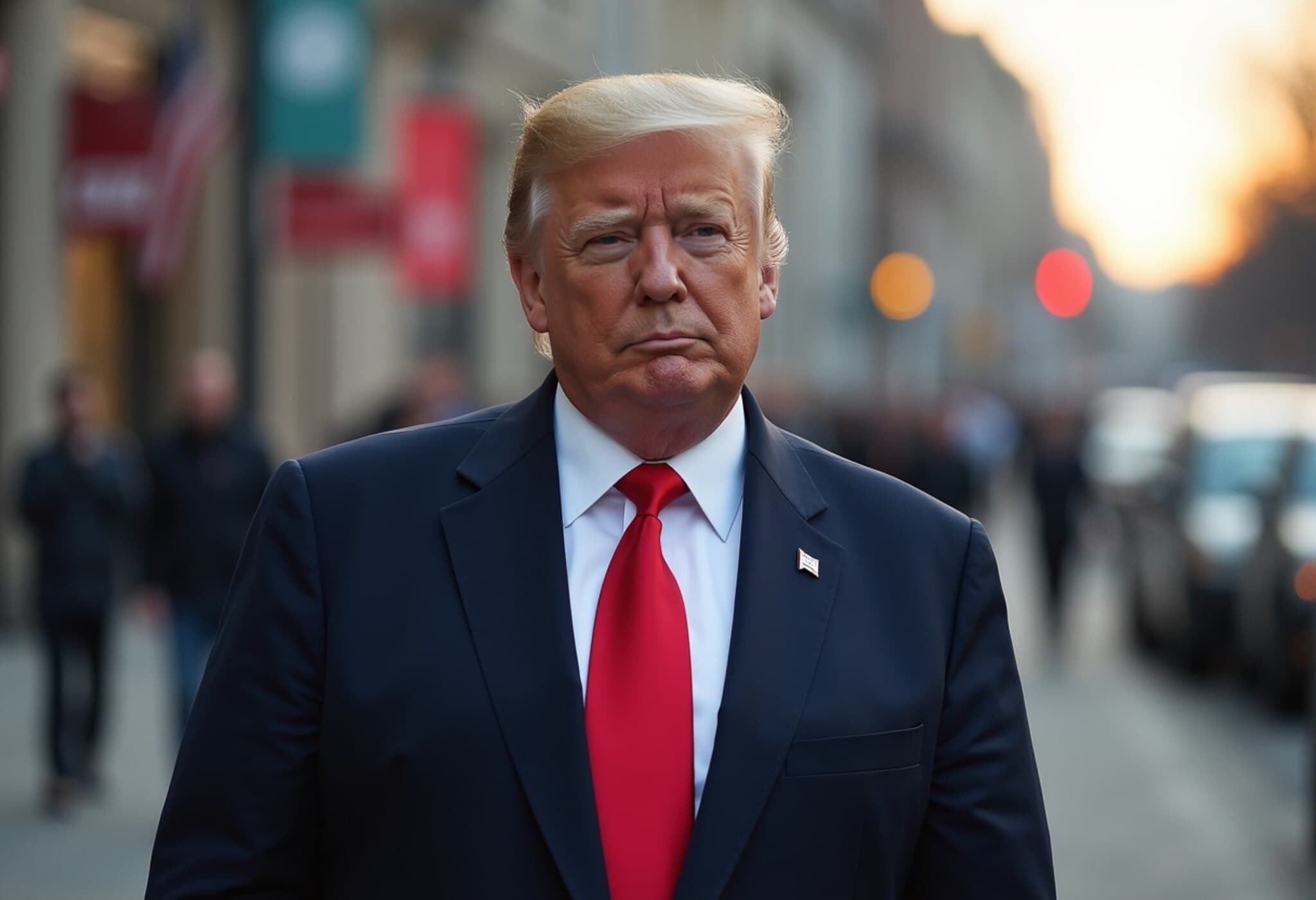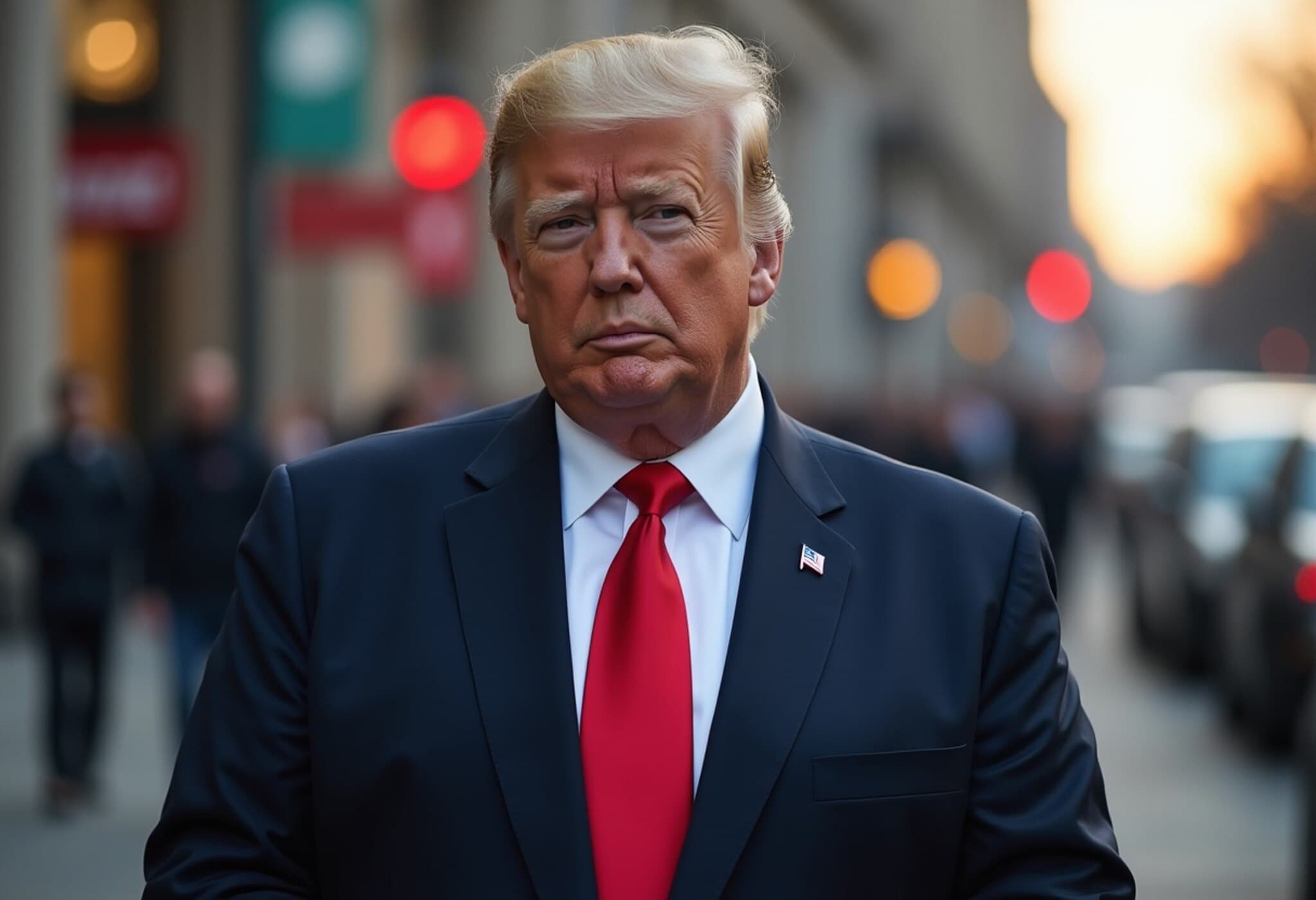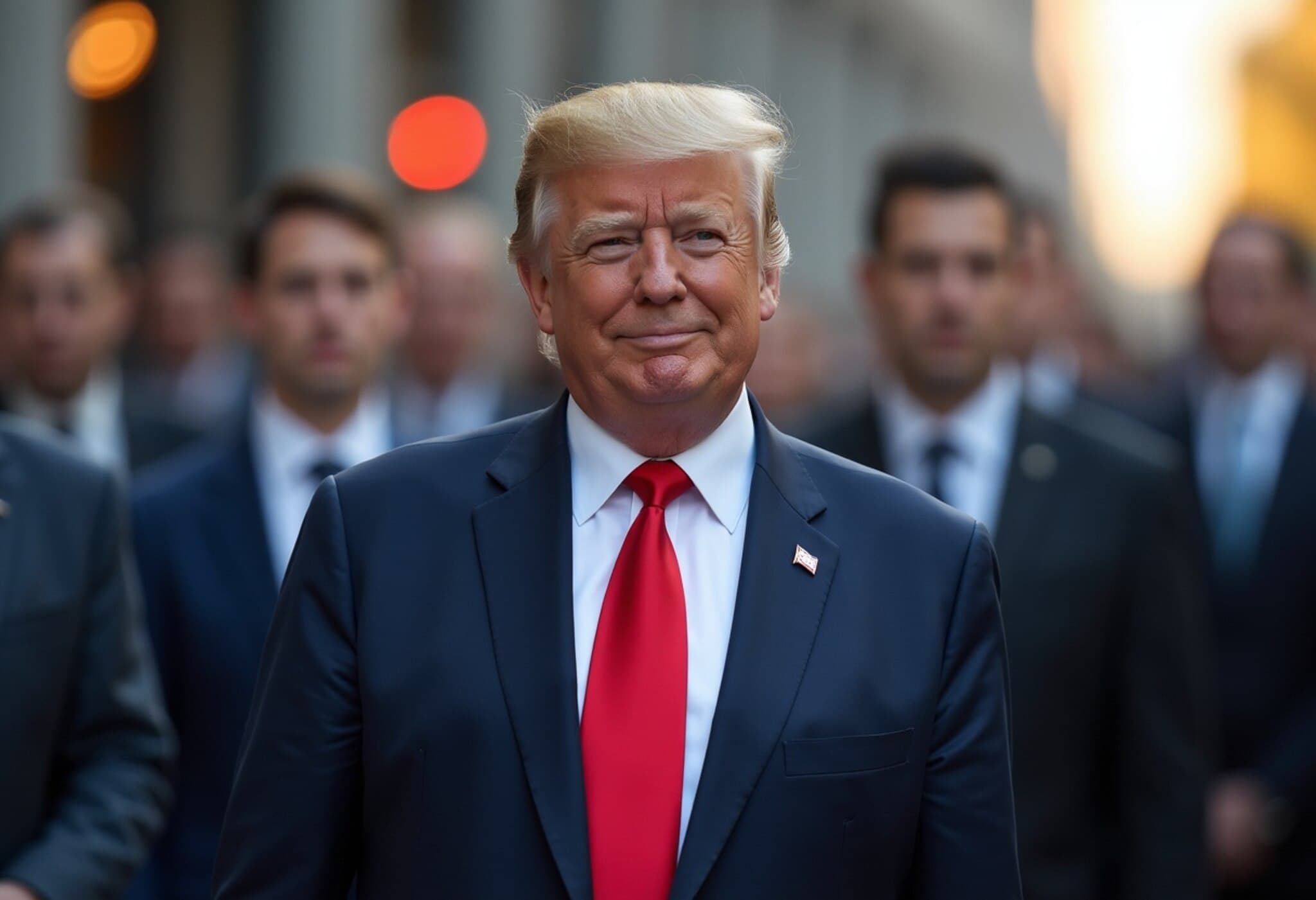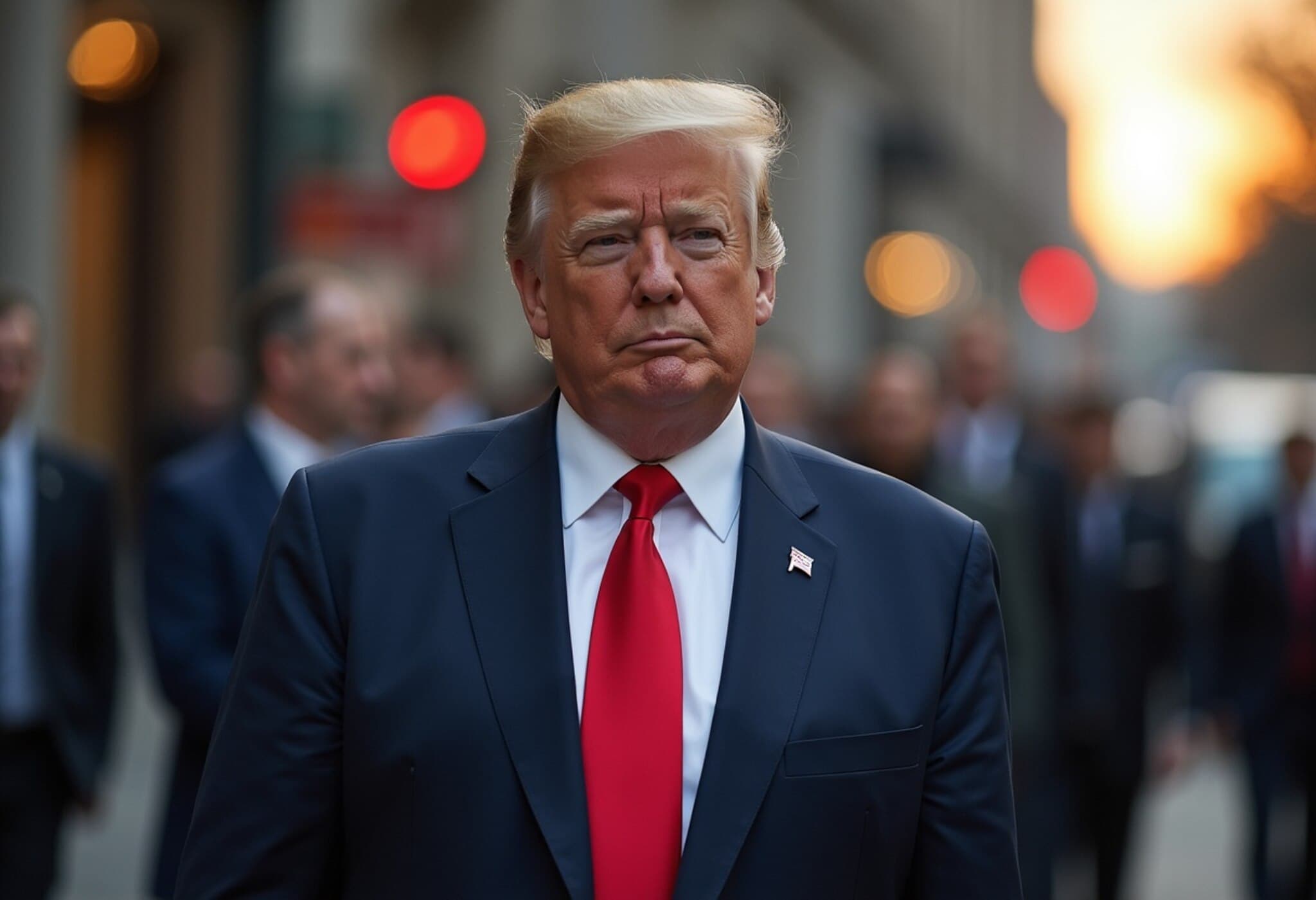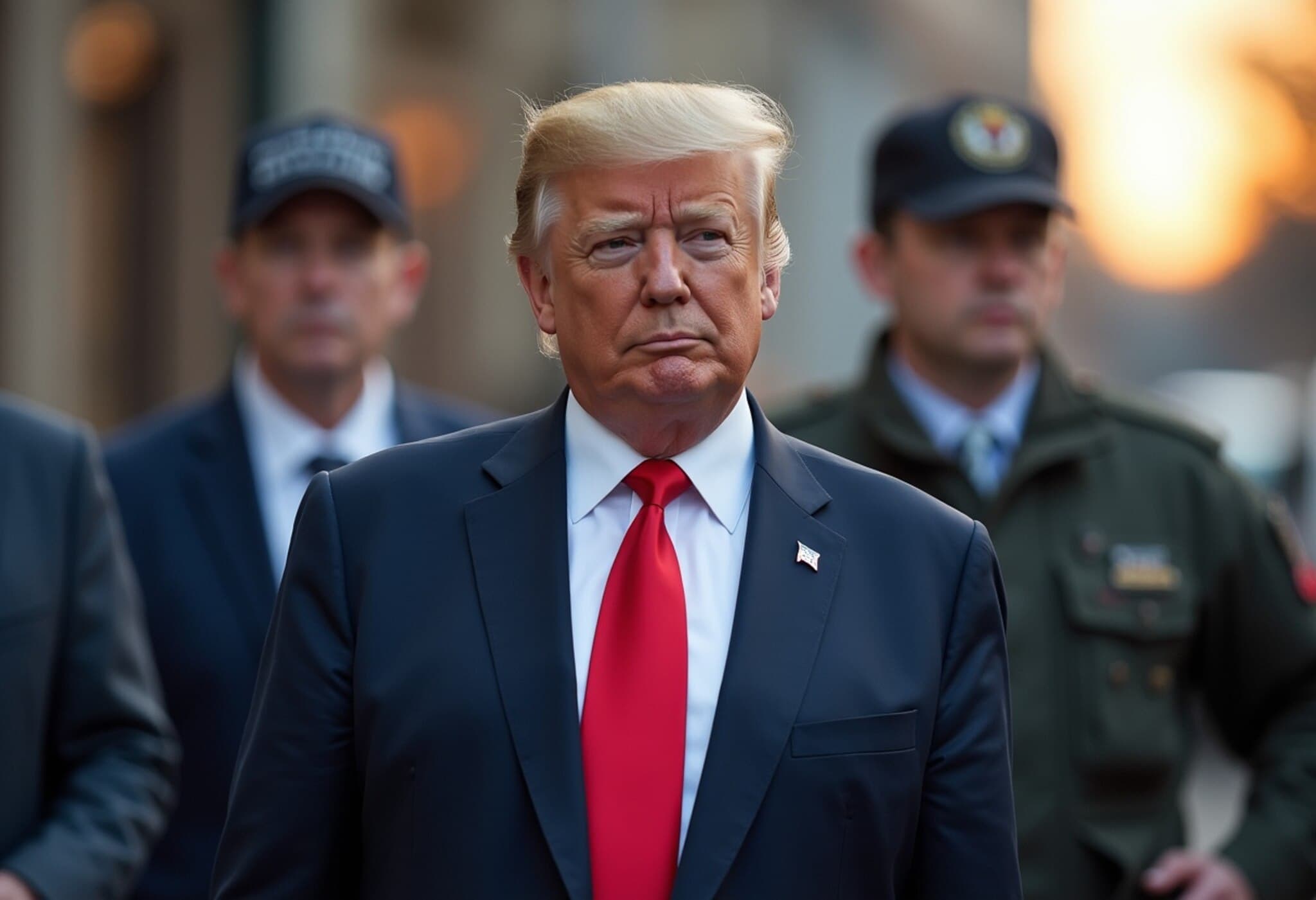US Pledges Billions in Military Support to Ukraine Amid Rising Tensions
In a significant boost to Ukraine's defense efforts, US President Donald Trump announced a comprehensive package of military aid aimed at countering Russia's ongoing aggression. This announcement, made during a White House meeting with NATO Secretary General Mark Rutte, included the delivery of advanced Patriot anti-aircraft systems and interceptor missiles, marking a substantial upgrade to Ukraine’s missile defense capabilities.
Zelenskyy and Trump Agree to Strengthen Communication and Coordination
Ukrainian President Volodymyr Zelenskyy welcomed the US commitment enthusiastically, revealing that he had a constructive conversation with President Trump. Zelenskyy expressed gratitude for Trump's readiness to support Ukraine’s fight and emphasized their agreement to maintain frequent dialogue to coordinate efforts effectively. In a message posted on the Telegram app, Zelenskyy highlighted the shared goal of halting the violence and establishing a lasting, just peace in the region.
Key Highlights from Zelenskyy’s Statement:
- Appreciation for US military and diplomatic support.
- Commitment to ongoing cooperation with global partners, including European allies.
- Positive communication with NATO Secretary General Mark Rutte regarding expanding assistance.
US Sets a 50-Day Deadline for Russia to Seek Peace, Threatens Sanctions
In the same address, President Trump delivered a stern warning to Russia, imposing a 50-day deadline to negotiate a ceasefire with Ukraine. Failure to meet this timeline would trigger severe sanctions, particularly targeting nations importing Russian oil and other exports. Trump articulated his frustration with Moscow’s persistent missile and drone assaults on Kyiv, underscoring the urgency of diplomatic resolution.
Expert Insight: Why This Military Aid Matters
From a strategic perspective, the deployment of Patriot missile systems funded by Germany and NATO allies represents a critical upgrade for Kyiv. Currently, Ukraine operates only six functional Patriot batteries, leaving it vulnerable to regular missile strikes. The receipt of additional systems could dramatically improve Ukraine’s air defense capabilities, potentially altering the tactical dynamics on the battlefield.
Russia’s Dismissal and the Broader Geopolitical Context
Despite these grave threats and military escalations, Russian officials and prominent pro-war voices have downplayed the sanctions, describing them as mere "hot air." This dismissal raises questions about Moscow's calculation of Western resolve and the effectiveness of diplomatic pressure.
Observers note a marked shift in the tone of US-Russian relations. While the start of Trump’s second term hinted at possible rapprochement, recent developments signal increased American firmness against Kremlin aggression. The confluence of heightened military aid, diplomatic warnings, and new sanctions prospects highlights the complex geopolitical chessboard in Eastern Europe.
What Lies Ahead?
- Will Russia engage seriously with the 50-day ceasefire deadline?
- How will enhanced missile defense tools affect Ukraine’s resilience?
- Could sanctions on Russian energy exports shift global energy markets?
Editor’s Note
As the Ukraine conflict stretches on with devastating human costs, these developments mark a critical juncture in international support frameworks. The US-led military aid package underscores a strategic commitment to Ukraine’s sovereignty, yet the real test will be whether these measures can de-escalate the conflict or fuel further tensions. Meanwhile, the international community faces the pressing challenge of balancing sanctions impacts with global economic stability. Readers are encouraged to watch closely how diplomacy, defense, and sanctions interplay in shaping the next phase of this conflict.

